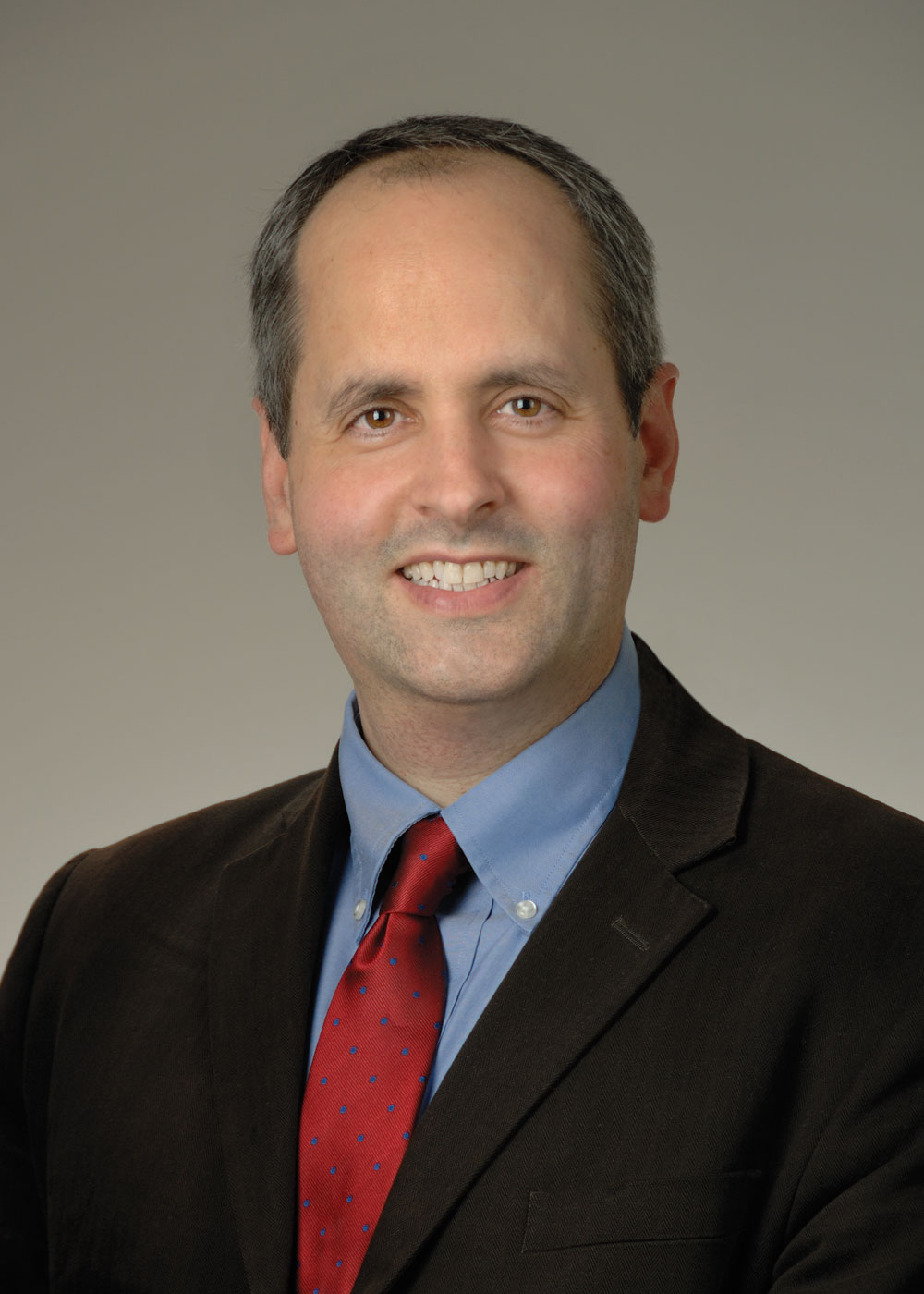This page is historical material reflecting the Feedback Loop Blog as it existed on
May 4, 2015. This page is no longer updated and links to external websites
and some internal pages may not work.
May 4, 2015
Archived: Establishment of Our Center for Research Capacity Building
I am pleased to announce that we have established a new Center for Research Capacity Building (CRCB). It will serve as the hub for our capacity-building programs, which include the Institutional Development Award (IDeA), Support of Competitive Research (SCORE) and Native American Research Centers for Health (NARCH).
We appreciate the comments we received in response to our requests for public input on the proposed organizational change. They reflected strong support for creating the center.
The new center’s activities are focused in states that historically have not received significant levels of NIH research funding and at institutions that have a historical mission focused on serving students from underrepresented groups.
The center funds:
- Undergraduate research experiences and student development;
- Junior faculty research development and mentoring;
- Basic, clinical and translational biomedical research, including on conditions that disproportionately affect medically underserved populations;
- The formation of collaborative research and training networks; and
- The enhancement of biomedical research infrastructure and of access to shared research resources.

